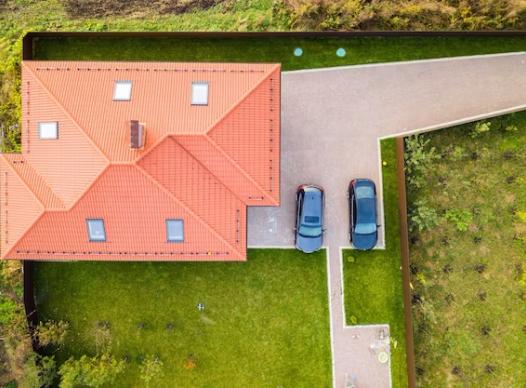To protect water quality and prevent flooding, the health of the surrounding watersheds (the land that water collects, flows over, then into local waterways) needs to be a priority. The SWM Division enforces the Illicit Discharge and Illegal Connection (IDIC) Ordinance to safeguard the health of the local ecosystem and the community. Only rainwater should be entering the storm drains. Anything other a rain entering any part of the stormwater system is considered an illicit discharge, which is prohibited by County Code. SWM investigates potential illicit discharges into our surface waters. If you suspect a possible illicit discharge violation, please report it at using our Report a Pollution Problem form.

Stormwater detention and retention ponds are designed to hold stormwater during rain events. They benefit the community by slowly releasing water in a controlled manner to reduce flooding and improve water quality. Routine maintenance is required to keep these stormwater controls functioning properly.

Drainage easements are dedicated routes for the flow of stormwater runoff during rain events. Easements must remain clear of debris that would impede stormwater runoff. Learn about homeowner responsibility for maintenance of drainage easements on private property.

The storm drainage system is a network of pipes, open channels, and other structures that collect and transport stormwater runoff to the nearest stream or lake. Cobb County’s Extent of Service diagrams describe the components of the storm drainage system maintained by the County.

Fallen trees in stream channels, drainage easements, and detention ponds can impede the flow of water and stormwater runoff. Learn to recognize potential problems and homeowner responsibilities.

Before starting a project, we encourage all customers to consider stormwater management requirements including water quality and runoff impacts in addition to construction permits and regulations. For assistance, click here to get started by completing our project profile and submitting your plans, permits, and questions. A staff member will follow up within 5 business days.

Only rain water is allowed to enter the storm sewer system without prior approval from Cobb County. This includes grass clippings and leaves from lawn maintenance. Please notify the County if you believe pollutants are entering the storm drain by using the link at the top of this page.

Discharges are permitted provided you take measures to eliminate pool chemicals and impact to neighboring property as well as reducing runoff velocities to minimize impacts such as erosion. Learn about compliance ordinances and guidance for maintaining private and public pools.

Sinkholes on residential property can be caused by a variety of conditions from buried trash pits to failing drainage pipes. Learn the difference between homeowner and county responsibilities.
